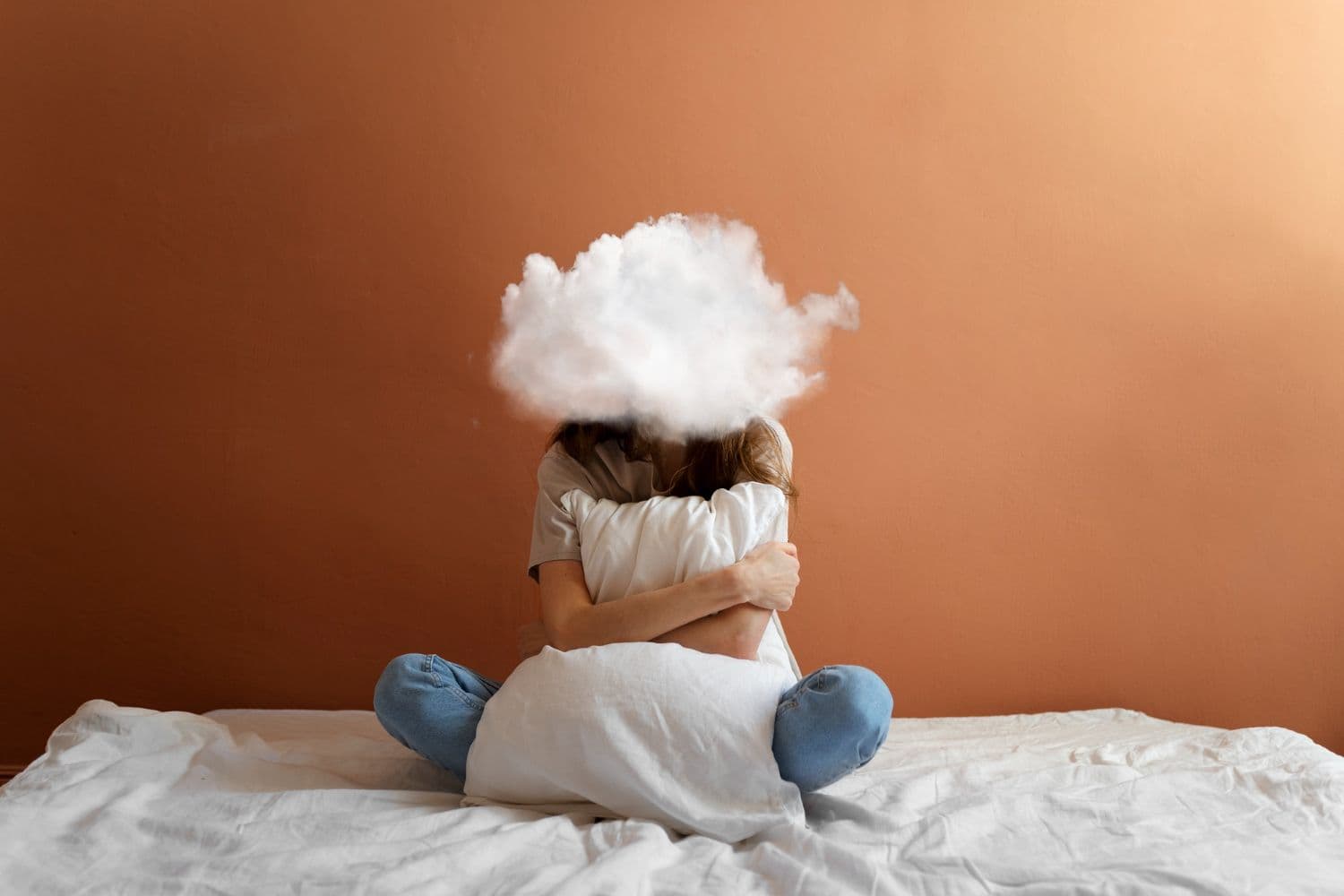6/18/2025
 Author: Designed by Freepik
Author: Designed by FreepikTable Of Contents
Facial rehabilitation after facial nerve paralysis is a process that requires time, patience, and consistency. Many people focus only on the physical aspect, forgetting how crucial mental health is during this period. Scientific studies show that mental well-being plays a key role in the effectiveness of rehabilitation and the overall well-being of patients.
Facial paralysis can trigger strong emotions caused by a sudden change in appearance and function. According to a study published in the Journal of Psychosomatic Research (2020), people with facial nerve paralysis often struggle with:
"It's not just about appearance. It's about how people look at me—and how I look at myself."
Mental state directly influences rehabilitation progress. Research in the field of neuroplasticity, including works published in Frontiers in Neurology (2021), shows that a positive attitude and motivation support nerve regeneration processes. Motivated and supported individuals achieve better outcomes because they consistently perform exercises and are more engaged in therapy.
Negative emotions can cause:
Stress and depression affect the nervous system by inhibiting neurotransmitters like dopamine and serotonin, which are essential for motivation and regeneration. Studies from Neuroscience Letters (2019) suggest that prolonged stress may even delay facial nerve recovery by increasing inflammation in the body.
While we can’t give medical advice, we can support and educate. Here are some strategies, backed by scientific literature and patient experiences, that may help maintain mental well-being:
"Realizing I’m not alone was a turning point."
Studies from Social Science & Medicine (2022) emphasize that social support—from both family and support groups—significantly reduces symptoms of depression and anxiety in people with facial nerve paralysis. Joining online or in-person support groups can help share experiences and foster a sense of community.
The NeuroFace app not only reminds users to perform exercises and tracks progress. We want every patient to feel seen, understood, and supported. Our approach is based on holistic support that includes both body and mind.
NeuroFace uses gamification elements that, according to studies in JMIR Serious Games (2023), increase patient engagement and enhance mood through a sense of achievement and rewards for consistent practice.
Recovering from facial paralysis is not just a physical journey. It is also an emotional one, requiring patience, acceptance, and support. Science confirms that caring for mental health accelerates recovery and improves quality of life.
Take care of yourself holistically. If you feel you need tools to help you on this journey – try NeuroFace.
You'll be the first to know and one of our earliest testers.
Practical guide for patients with facial nerve paralysis